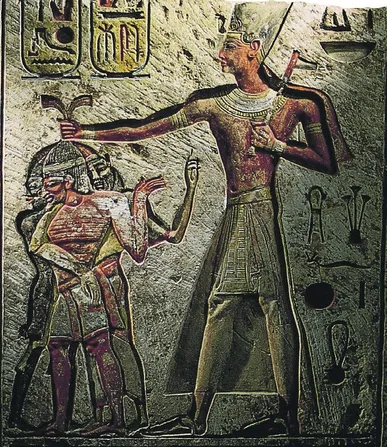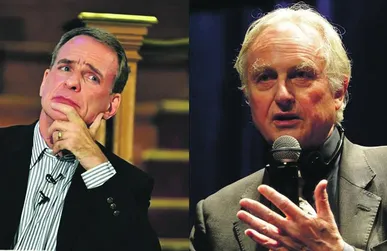
defending our faith
The ‘extraordinarily good’ evidence for the Exodus

Chris Sinkinson
As I often share in this regular column, the archaeological evidence for the Bible continues to grow. New discoveries and fresh interpretations give an ever-increasing pool of data to establish that the Bible is real history and not embellished legend or fiction.
But when is the evidence overwhelming? There will always be doubts, gaps and reasons why sceptics can dismiss the case if they choose. We can look at the account of Moses and the Exodus as a test case.

Don’t apologise for apologetics
In his 2013 book The End of Apologetics, Myron Penner provocatively asserts that ‘apologetics itself might be the single biggest threat to genuine Christian faith that we face today’.
Amongst other criticisms, Penner renounces Christianity’s intellectual defence (in Greek, ‘apologia’) as threatening to value reason over revelation and failing to communicate how the gospel’s truth attaches to a wider way of living. Significantly, this position is not confined to abstract academic debate, but articulates the wider conviction of many Christians today – inevitably shaping how the church converses with the wider culture.

defending our faith
Social media apologetics after Trump

Chris Sinkinson
There is no doubt that social media and online platforms have provided opportunities for public witness and evangelism like never before.
In February 2004 Mark Zuckerburg launched Facebook, originally as a way of keeping in touch with friends; it quickly became a tool for sharing news, information and ideas.